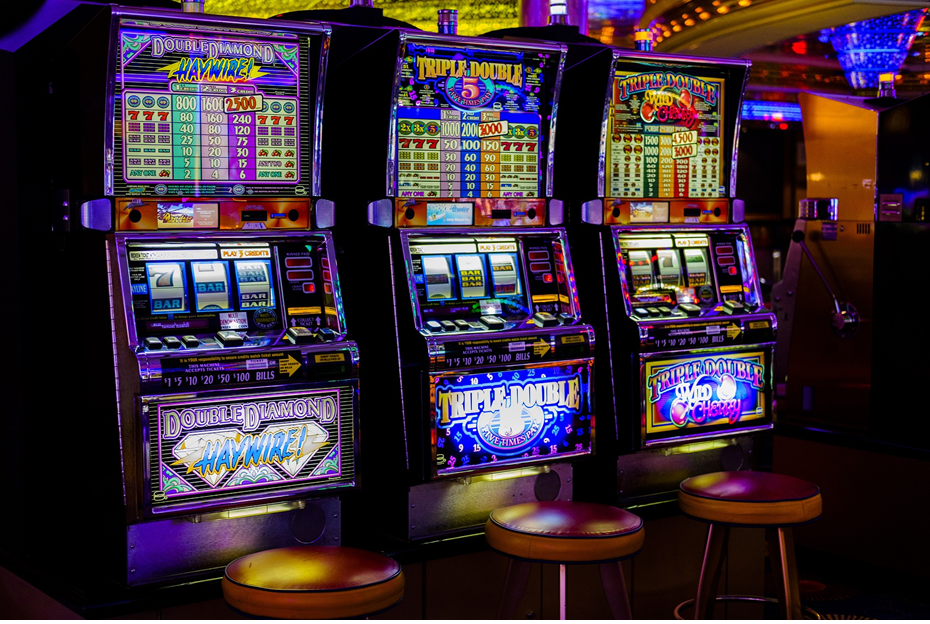In recent years, the realm of online casinos has witnessed a significant surge in participation from 에볼루션게이밍. Understanding the psychological underpinnings behind this phenomenon is crucial for various stakeholders, including researchers, policymakers, and gaming operators. This article aims to dissect the intricate psychology of Korean gamers in online casinos, shedding light on their motivations, behaviors, and potential implications.
Motivational Factors Driving Korean Gamers
Cultural Influences:
Confucian values emphasizing perseverance and skill mastery may drive Koreans to excel in gaming.
Social acceptance and prestige associated with gaming achievements within Korean society can fuel motivation.
Escapism:
Online casinos provide an avenue for escape from the pressures of daily life and societal expectations.
Gaming offers a sense of control and autonomy, which may be lacking in other aspects of life.
Financial Incentives:
Economic motivations, including the desire to win money or achieve financial stability, play a significant role.
The allure of quick wealth and the belief in one’s gambling skills can be compelling factors.
Psychological Mechanisms at Play
Dopaminergic Response:
The anticipation of rewards in online casino games triggers dopamine release, leading to pleasurable sensations.
Dopamine reinforces repetitive behaviors, contributing to prolonged gaming sessions and addictive tendencies.
Cognitive Biases:
Availability heuristic may lead gamers to overestimate their chances of 에볼루션게이밍, despite unfavorable odds.
Gambler’s fallacy, where past outcomes influence future predictions, can distort rational decision-making.
Loss Aversion:
Korean gamers may exhibit heightened sensitivity to losses, leading to risk aversion and conservative betting strategies.
Loss aversion can contribute to chasing losses and escalating bets to recoup previous losses, perpetuating the cycle of gambling.
Sociocultural Dynamics Shaping Behavior
Stigma and Shame:
Despite the popularity of gaming in South Korea, gambling remains stigmatized due to legal restrictions.
Fear of social ostracism or familial disapproval may drive secretive or clandestine gambling behaviors.
Peer Influence:
Social networks and peer groups heavily influence gaming behaviors and norms.
Competitive gaming culture fosters peer pressure to excel and conform to gaming standards.
Technological Advancements:
Accessibility and convenience of online gambling platforms contribute to increased participation among Korean gamers.
Mobile gaming apps and immersive interfaces enhance engagement and blur the boundaries between leisure and addiction.
Coping Mechanisms and Risk Mitigation Strategies
Self-Regulation:
Developing self-awareness and monitoring gaming habits can help mitigate excessive gambling tendencies.
Setting limits on time and money spent gambling, and adhering to them, is essential for responsible gaming.
Support Networks:
Seeking support from friends, family, or professional counseling services can provide necessary assistance in overcoming addiction.
Support groups and online forums offer avenues for sharing experiences and accessing resources for recovery.
Regulatory Measures:
Implementing stricter regulations and enforcement measures can curb underage gambling and protect vulnerable populations.
Responsible gambling initiatives, such as mandatory self-exclusion programs and advertising restrictions, promote safer gaming environments.
Conclusion
The psychology of Korean gamers in online casinos is a multifaceted phenomenon influenced by cultural, psychological, and sociocultural factors. Understanding these dynamics is essential for addressing the challenges of excessive gambling and promoting responsible gaming practices. By fostering awareness, implementing effective interventions, and collaborating across various sectors, stakeholders can work towards creating a safer and more sustainable gaming landscape for Korean gamers and beyond.

